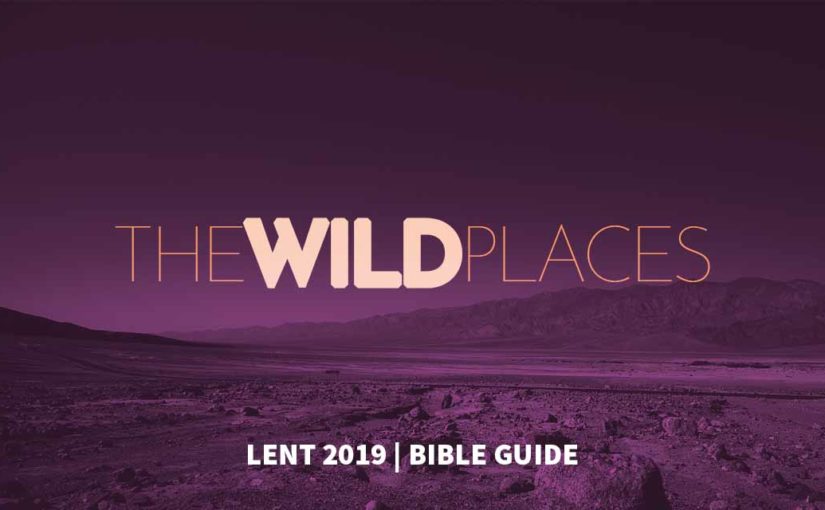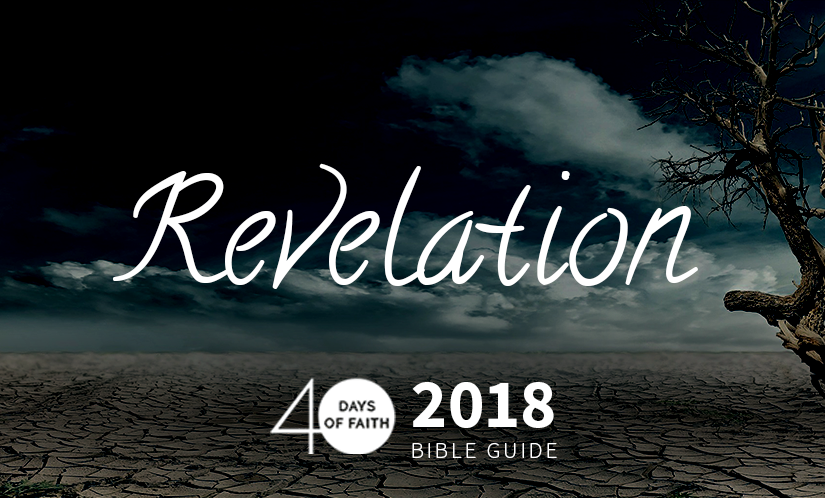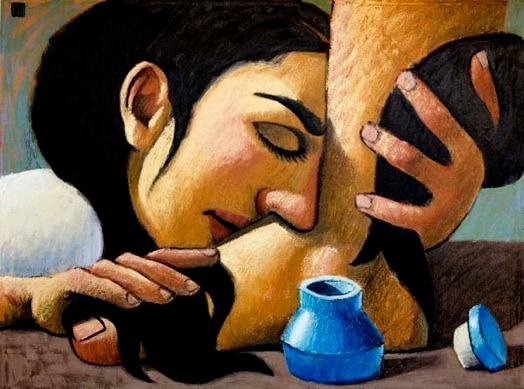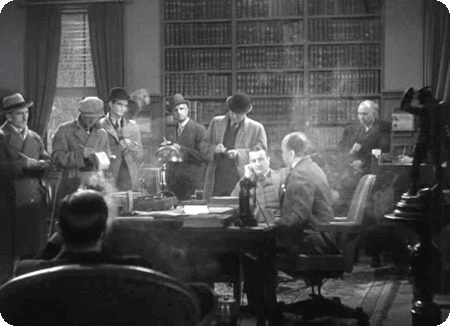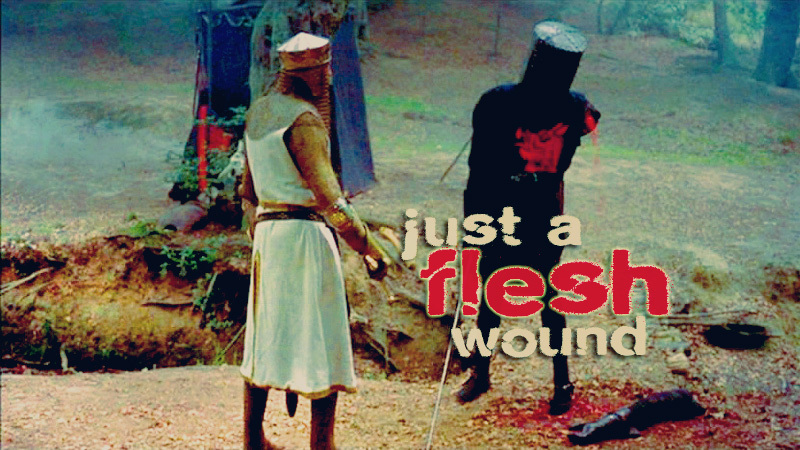Lent at Reservoir
Each year during the pre-Easter season of Lent, we’ve become accustomed to exploring a section of Scripture together. You can check out past daily bible guides here if you’re interested. This year, we’re going to explore the concept of wilderness and exile, and our series will be called The Wild Places. Our Sunday sermons will also explore this from 3/10-4/14, so you’re invited to read/listen to those as well.
The Wild Places: Introduction
By choice or by circumstance, we sometimes find ourselves in times and in places, in circumstances and in seasons, where we are out of our element, beyond our resources, and out of control. Let’s call these the wild places.
Sometimes a journey into the wild places is deliberate. We swim in the ocean, we trek into the woods, we travel outside our comfort zone. We know these can be times of profound learning and encounter, opportunities to discover something new about ourselves, our neighbor, our world, even the divine. Other times we end up in wilds we’d never wish for. A loved one dies, a relationship or venture fails, a dream goes unfulfilled, disaster or chaos strike. These can be times that make or break us, that shape us or undo us, or both.
In the Bible’s treasure of metaphors, these places are often connected to the place and experience of wilderness. People end up in the wilderness of nature and praise God for all they see and discover there. People, and whole nations and cultures, are also driven into the wilderness and need to come to grips with their greatest fears and most crippling habits. But again and again, these wild places are times and spaces of profound learning and discovery and formation.
This year, we hope that the Lenten1 season will be for us all a profound time of learning and discovery and formation. This year’s Bible guide won’t examine a single, contiguous section of scripture as we so often do (Revelation last year, Romans three years ago) but will be more of a thematic survey.
Each weekday we’ll present you with a different passage, in the Common English Bible translation. On weekends, you can catch up on a missed day, review a favorite passage, or skip the guide all together.
Points of Interest — a handful of comments, which include literary or historical notes as well as impressions, thoughts, questions, and reactions. These aren’t meant to be exhaustive or authoritative, but simply to give you some more perspective to work with as you ponder the passage yourself. We try to name things you hadn’t noticed but wish you had, as well as give voice to some of the questions and observations you did have but weren’t sure what to do with.
A Direction for Prayer — there will also be a prompt for prayer that you can use. These invitations focus on the prayers for others we encourage you to try during this season:
For your friends and family: Consider some of your favorite people, people you interact with on a regular basis, who don’t seem to have much of a direct connection to God, but for whom you are very much rooting. What does this passage have to say to them, or to you about them?
For your church or city: How can we apply the passage corporately as a faith community?
Spiritual Exercise — each week, there will a different daily spiritual exercise to try, inspired by the week’s passages. Or what does this passage say about or to our entire city?
We hope Lent will be a season of spiritual formation for us – of engaging spiritual practice that increases our health and encourages the flourishing of the life of God in and through us. If you would like to engage in fasting or increased generosity, these are two traditions of spiritual formation that have been traditionally helpful during this season. See the March 3rd sermon on spiritual formation for more. Meanwhile, we’ll be encouraging the spiritual practices of Scripture reading and prayer in community. Attend our Sunday services and join a community group for the season if you’re able. You could also find a friend to touch base with on your own if you like. May your Lent be a place of warm encounter with God and with others, and may it be a time of rich learning, discovery, and formation.
1Lent is from an Old English word meaning “spring”. It’s used to refer to the 6-week period before Easter Sunday. For centuries, Jesus followers have marked this period of anticipation for Easter through prayer, fasting, and giving. In past years, we’ve called this season the 40 Days of Faith. We’re putting that title aside for two reasons. One, it’s our own in-house jargon that isn’t familiar to those outside our church. “Lent” is part of our faith tradition and is still a familiar (if misunderstood) season in our broader culture. The other reason is that the 40 Days of Faith featured an encouragement to people to ask God for a big desire or need. Many individuals have experienced dramatic answers to their prayers over the years. But for others, this practice has been confusing or wearisome. Anybody is able to ask God for their heart’s desire in any time or season. This year, though, we’ll encourage that practice for those who are interested during our Advent season, the time before Christmas when we traditionally connect some of our deepest longings with Jesus’ presence with us and our longing for Jesus to come again.


